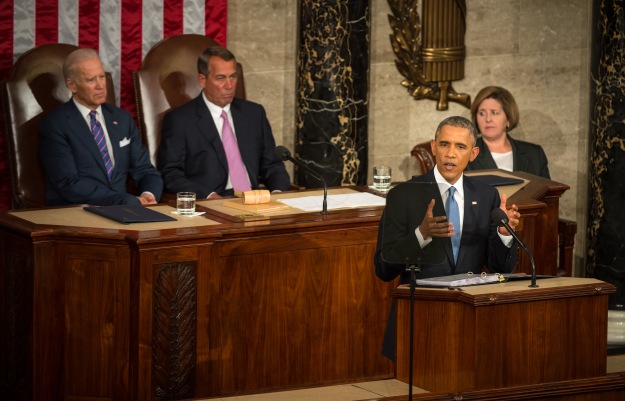
Published previously at WGBHNews.org.
Update, 8:30 p.m. Williams, in his apology, conceded that the story he had been telling was false — that his helicopter was not fired on and landed safely. Yet the pilot of Williams’ helicopter is now offering an account that’s close enough to Williams’ original story that we might all be tempted to say “never mind.”
The mainstream press this morning is stepping gingerly around Brian Williams’ literally incredible mea culpa about (not) coming under fire in Iraq 12 years ago.
Ravi Somaiya of The New York Times reports that the NBC News anchor “apologized for mistakenly claiming” his helicopter had been shot down. The Washington Post — which, unlike the Times, plays it on page one — is more forthright in saying that Williams “conceded” his story was “false.” But reporter Paul Fahri goes to some lengths not to get ahead of developments.
Not that you can blame either news organization for its caution. Williams is a certified icon of broadcast journalism, and no doubt NBC will go to great lengths to protect him. If Williams is disgraced, so is the network’s news division. It would take years to recover. But what happens next is largely out of NBC’s and Williams’ hands.
As first reported Wednesday by the military news organization Stars and Stripes, Williams has said a military helicopter that was transporting him in Iraq was hit by rocket fire and forced down. Stars and Stripes reporter Travis J. Tritten writes: “Williams and his camera crew were actually aboard a Chinook in a formation that was about an hour behind the three helicopters that came under fire, according to crew member interviews.”
Yikes. Williams, in addressing viewers on Wednesday, called his version a “mistake,” adding: “I don’t know what screwed up in my mind that caused me to conflate one aircraft with another.”
In a timeline for CNN put together by media reporter Brian Stelter, it appears that though Williams spoke and wrote about the incident with varying degrees of inaccuracy over the years, the first time he told a clearly false version was in 2013 on David Letterman’s show.
This looks like a serious lapse of ethical judgment on Williams’ part. I find it hard to believe it was an honest mistake. How can you believe that you were flying on a helicopter that came under fire when you actually were on one that landed safely an hour later?
And I need to emphasize this: It wasn’t just a personal tale that Williams embellished — it was journalism. After all, the essence of journalism, as New York University journalism professor Jay Rosen puts it, is “I’m there, you’re not, let me tell you about it.” Williams was there, we weren’t, and he gave us a false account.
Not everyone is being as cautious as the Times and the Post. Writing last night in the Baltimore Sun, David Zurawik began: “If credibility means anything to NBC News, Brian Williams will no longer be managing editor and anchor of the evening newscast by the end of the day Friday.”
My own sense is that it’s too early to say whether Williams could or even should lose his job over this — although, barring a major exculpatory revelation, it doesn’t look good. Regardless, we have certainly come a long way from the days when an anchorman, Walter Cronkite, could be called “the most trusted man in America.”
Whatever else happens, Williams has permanently forfeited any such claims for himself.





